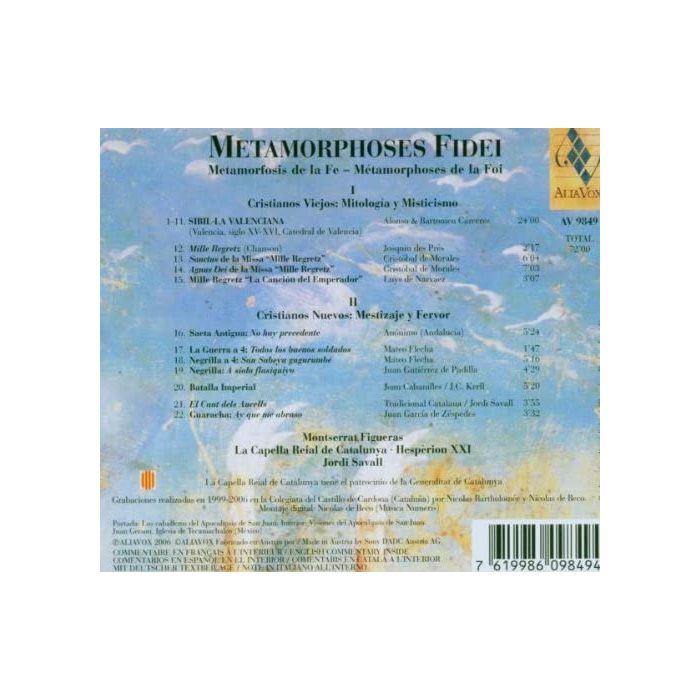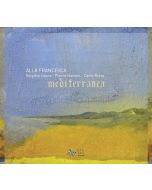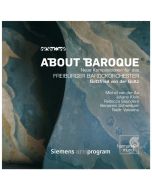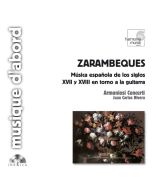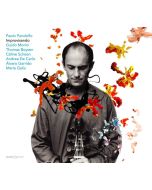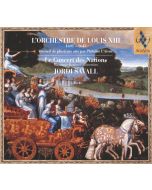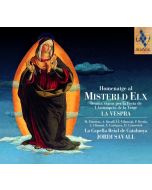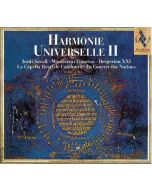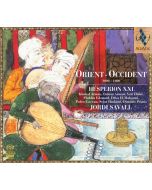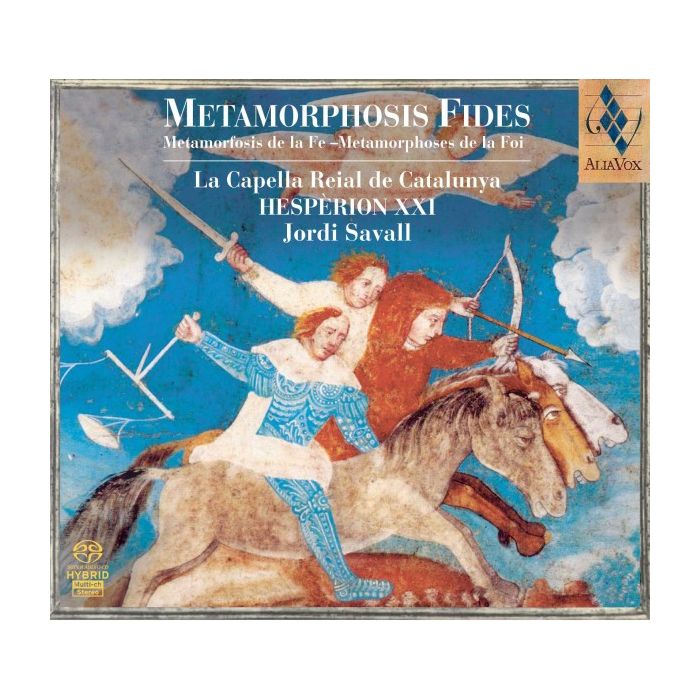
(Produkt nie został jeszcze oceniony)
kompozytor
różni kompozytorzy
tytuł
Metamorphoses Fidei
wykonawcy
Hespèrion XX, Hesperion XXI, Savall, Jordi
nr katalogowy
AV 9849
opis
In contrast to the European area north of the Pyrenees, which from Charlemagne to the defence of the Turks against Vienna at the end of the 17th century had dedicated itself to the defence of Islam for almost a thousand years, the Iberian peninsula was under Arab rule for centuries, which despite the "Reconquista", which was just as consistent as it was cruel, left many traces in Spanish culture. •
The contemporary Spanish culture traces these Arab roots with as much enthusiasm as it does curiosity. In recent years, Jordi Savall and Montserrat Figueras have been able to give eminent importance to the artistic activities of the couple and their ensembles in a multicultural Spain in which Christian, Arab and Jewish cultures coexisted side by side and were able to enrich each other. Savall speaks of intercultural dialogue, "which tries to build bridges between oriental and occidental music, between serious folk music and music of oral tradition, between ancient and contemporary music, between the different generations of musicians themselves and between musicians and the public" •
These maxims are also followed by the two latest productions from Alia Vox. The Orient - Occident programme brings together music from half a millennium. For this CD, Jordi Savall has secured the collaboration of numerous artists of Arab-Islamic culture, who have their cultural traditions in view with as much clairvoyance as Savall himself has his own. This creates a dialogue between the instrumental music of ancient Christian, Muslim and Jewish Spain and medieval Italy and the music of Morocco, Israel, Persia, Afghanistan and the old Ottoman Empire. With music from Desprez, Morales and Narváez to the Valencian-Catalan tradition, the CD Metamorphoses Fidei undertakes a journey from the turn of the Middle Ages to the Renaissance, before turning its attention to the developments that quickly gave the colonies of South America discovered at this turn of the century their own cultural imprint. In the harmony of Spanish and Indian texts with those in Creole by Africans deported as working slaves, a cultural vision of South America emerges that currently inspires many young musicians there.
nośnik
CD x 1
wydawca
Alia Vox
data wydania
1.02.2015
EAN / kod kreskowy
7619986098494
68,00 zł
Produkt dostepny w niewielkiej ilości.
Wysyłka w ciągu 3 dni roboczych
Darmowa wysyłka dla zamówień powyżej 300 zł!
Darmowy kurier dla zamówień powyżej 500 zł!
sprawdź koszty wysyłki